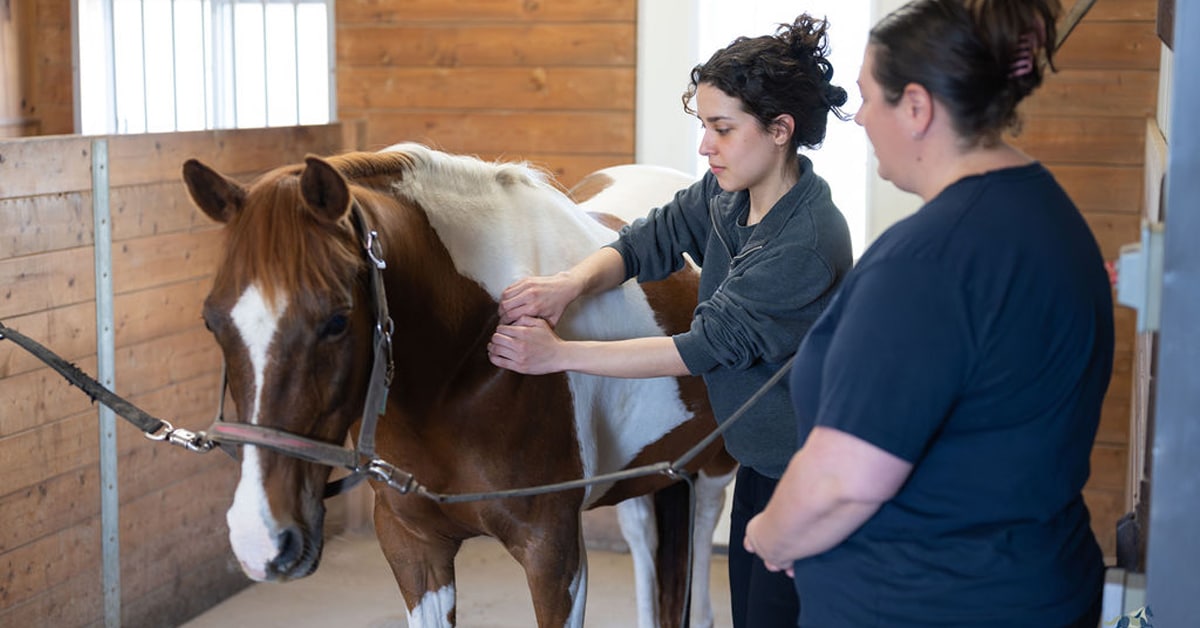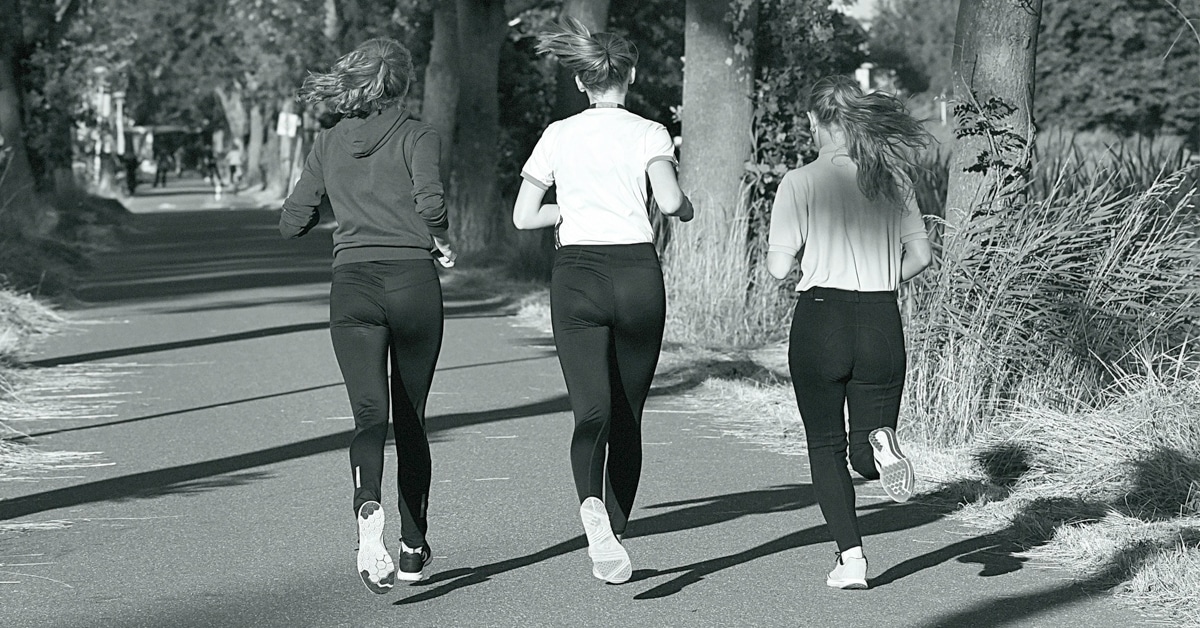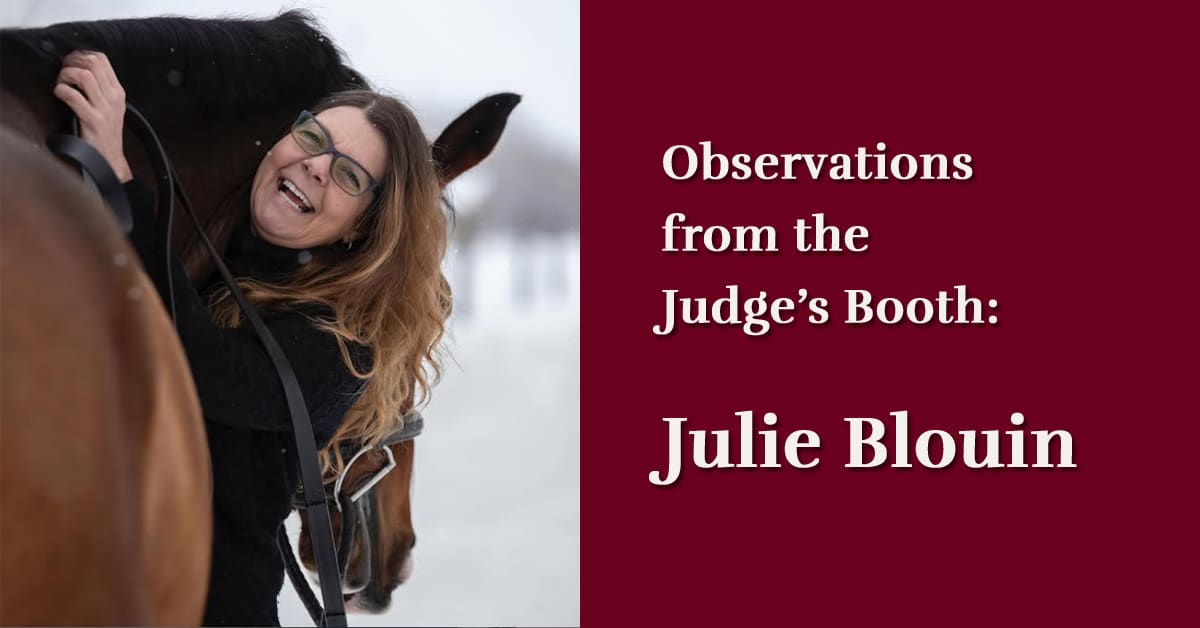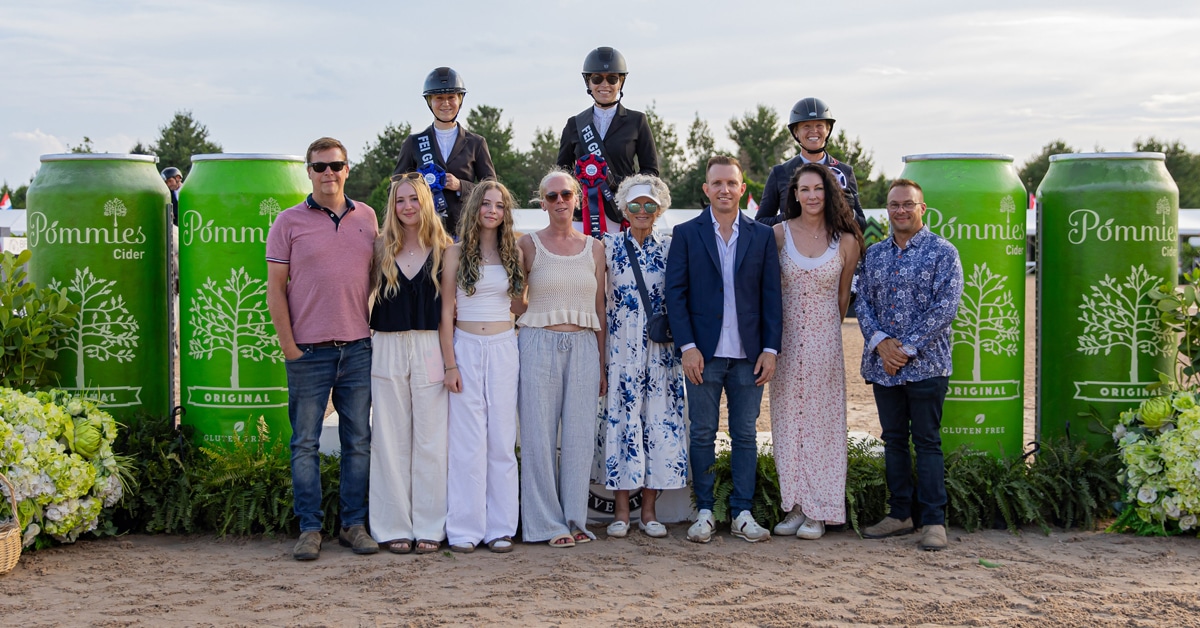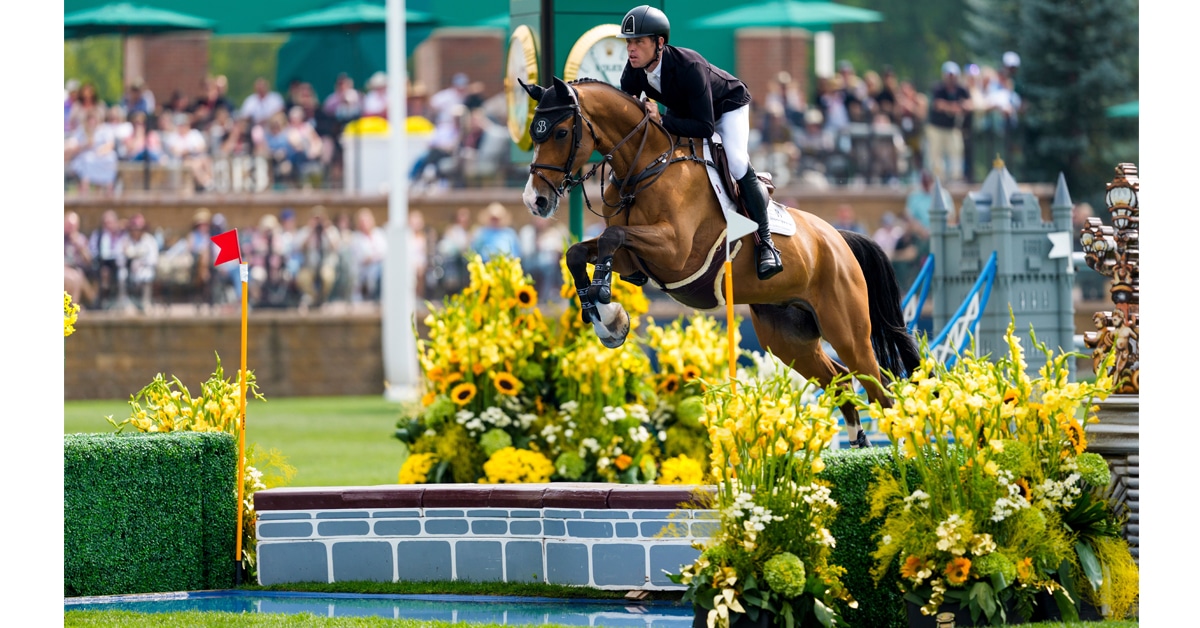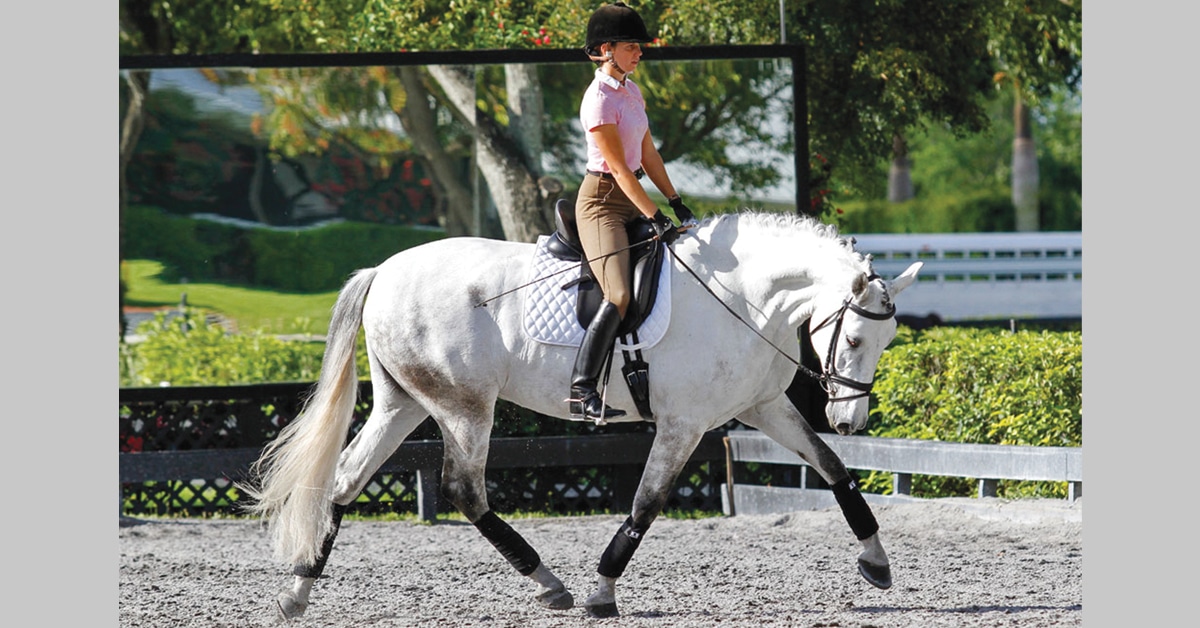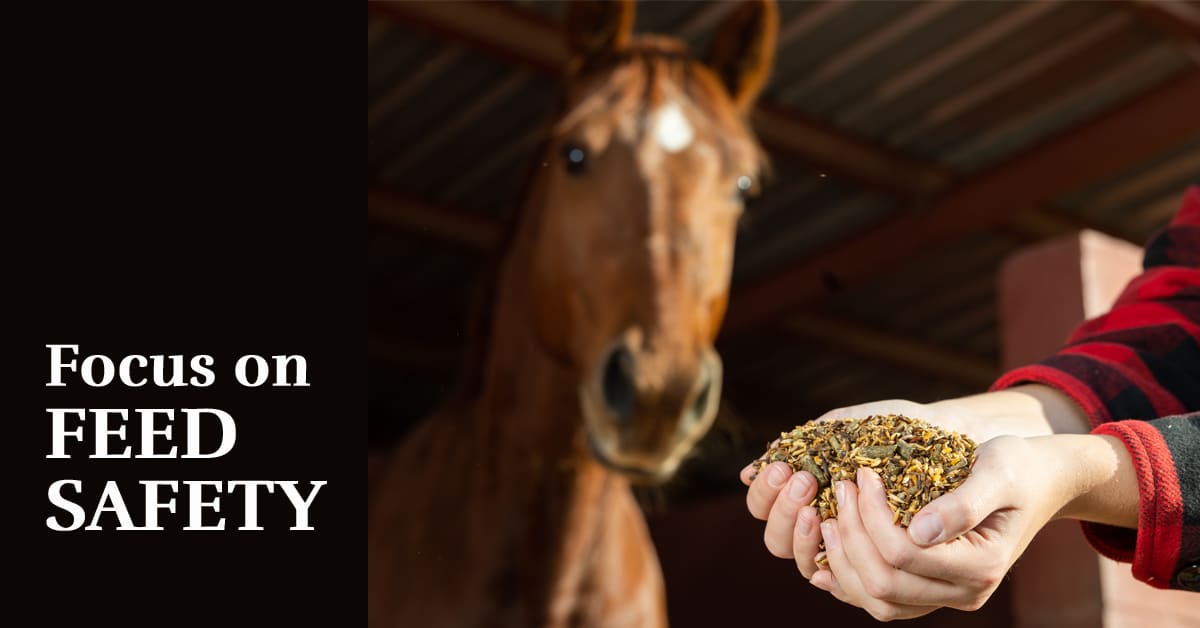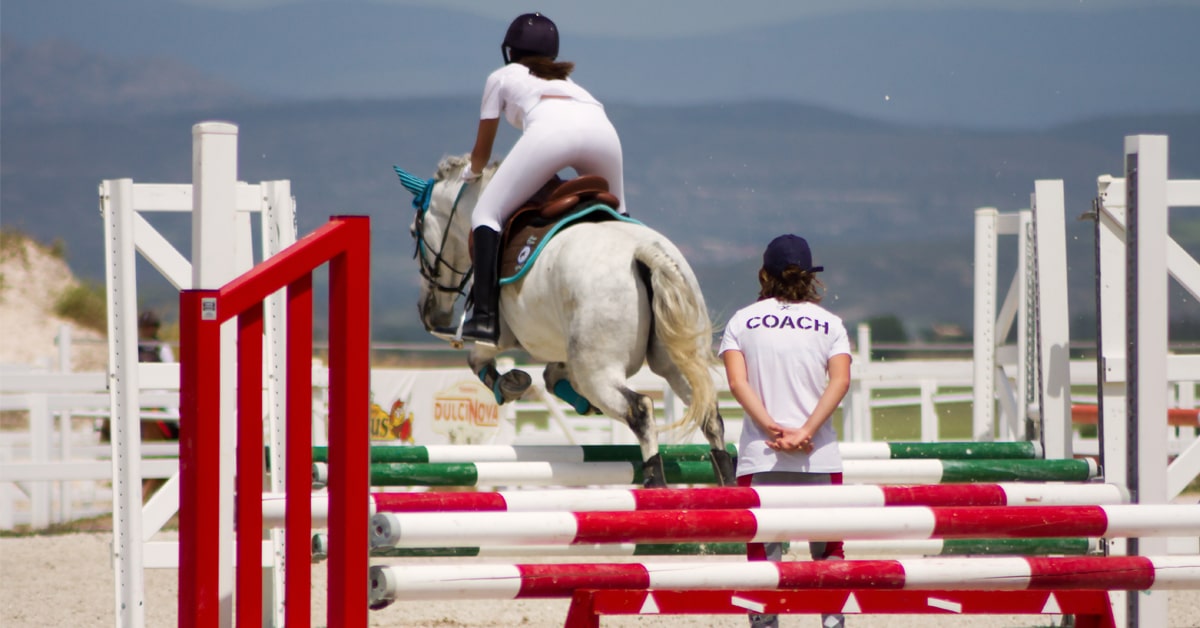Did you know this? Rodrigo Pessoa was born in Chantilly, France, 51 years ago.
The son of the legendary Nelson Pessoa was destined to become a huge champion. While the father won just one title ‒ the European Champion in 1966 in Lucerne (an oddity at the time, since Neco was Brazilian) ‒ the son won every other gold medal possible: Olympic in 2004, World in 1998, the World Cup three times (1998, 1999, 2000) and the Pan-American Games in 1995 and 2007. The horses of his exploits, Special Envoy, Baloubet du Rouet and Lianos, belong to the history of this sport.
After this golden period, Rodrigo took a certain distance from the top level over the last ten years or so. But at the age of 50, he has rediscovered this flame and a real motivation for 2024 thanks to a horse, Major Tom (10-year-old by Vagabond de la Pomme) with whom he has just taken fourth place in the legendary Aachen Rolex Grand Prix, which he won in 1994 with Special Envoy.
The Chantilly Classic welcomes a great showjumper for its first edition!
Do you have any specific memories of your early childhood in Chantilly?
I have very fond memories, in particular of that particular place where I used to come at weekends to buy ice creams, near the trees over there, where we used to get together as kids. We lived five minutes from here, on rue de Creil. It’s a place I’m very affectionate of. We shared a stable with Gilles de Balanda, Janou Lefèvre and Adeline Wirth, and many other riders passed through here. I’ve spent 10 years of my life here and I always come back with great pleasure.
You’ve won every title on Earth AND the Aachen Grand Prix: are you aware that you belong to the legends of your sport?
(sighs)… What I remember most are the opportunities I’ve been given and the encounters that have been super important for my career, whether it be Jean-Marie Dubois who sponsored me at 17 with Moët & Chandon, Mr. Johannpeter, Mr. Orlandi, Max Hauri… in short, all the owners who have put their trust in me and everyone around me, starting with my parents. I’m aware of all the opportunities these people have given me, and I’m happy not to have wasted them, to have seized these chances and converted them into positive results. That’s what I remember more than my medals and failures.
After 2010‒ and another fine fourth place at the World Championships in Lexington with HH Rebozo‒ you kind of disappeared from the radar: why did you take this step back? What happened during this period?
After 2010, there were the 2012 Games, again with Rebozo, who was doing well until the last round, which he didn’t make. After that, we tried to rebuild and find new investors. Finding horses of this level is very complicated, they’re very, very expensive and the sport has become more elitist than ever. It’s tiring, even if it’s a very, very beautiful profession, which allows you to travel and meet fantastic people. But it’s also tiring because all that traveling is so demanding.
And then the affair in 2016 with George Morris [the then US Brazil coach who had excluded Rodrigo from his selection for the Rio Olympics] put a big blow to the back of my head, and that’s when I decided to step back even further. I was given the opportunity to coach the Irish team for three years, it was a great challenge [with a European Team Champion title in 2017 in Gothenburg]. And now to be able to come back and bounce back with a new organization, new owners and try to do one last ride again makes me very happy.
Have you returned to the same sport after this break?
Some competitions have become very commercial. There’s a bigger offer of competitions, maybe too many. The sport has become so big, there are so many top riders, that all these competitions have probably become necessary to avoid events with over a hundred riders. But there are competitions that know how to limit themselves and keep a soul, like this one, even if there are a lot of entries. But I understand the organizers’ financial constraints.
Is coming back to Chantilly something special for you?
Obviously, the setting here is truly unique and exceptional. Vincent [Goehrs, boss of GRANDPRIX] and his team strive to produce a quality event that perfectly matches our expectations. Incidentally, I think the Olympic Games should have been held here. It really didn’t need to be in Versailles, Chantilly was perfect, which has much more legitimacy and offers a better environment for the horses, which a setting, space … To “sell” that over there, what an idea!
Tell us about Quick Step [a 10-year-old bay Hanoverian gelding by Quintender 2 and Carmaniola by Calido I] that you ride here in Chantilly?
Quick Step is a 10-year-old horse. I started him slowly in Grand Prix last year. He’s still green and developing, so he’s not quite up to the level yet, but he’s got good potential.
And above all, tell us about Major Tom [a 10-year-old Belgian gelding by Vagabond de la Pomme X Heartbreaker X Uphdim van de Puitvoet], who has given you a new lease of life and who has just taken 4th place in the Rolex Grand Prix of Aachen… which everyone, except the Germans perhaps, dreamed of seeing you win?
(laughs) He’s a horse we bought when he was seven years old, and we took all the time we needed to educate him. We soon noticed that he had exceptional qualities and we’re starting to reap the rewards of this patient work. He’s a horse that really has it all: balance, intelligence, power, carefulness… everything you look for in a horse, and that makes the rider’s life so much easier.
Compared to Baloubet?
It’s a different story. He has qualities that Baloubet didn’t have, but Baloubet had qualities that he doesn’t have. When he’s got a record to match Baloubet’s, we’ll talk about it again, because he’s only just started. As they say, it’s not over until the fat lady sings!
The ultimate ambition is clear: Paris 2024?
Yes, even if it’s in Versailles (laughs), that’s obviously the goal, even if we still must qualify. To do that, we still have two chances with the Nations Cup finals in Barcelona in September and the Pan-American Games in Chile in October-November. But that should do it. That’s our objective today, but we mustn’t set our sights too far ahead, because with horses, a setback happens so quickly and everything falls.
A word about Ludger Beerbaum, who announced his retirement from sport at Aachen?
The retirement of such a champion is always a shock. Ludger is a true legend of our sport. He has been a benchmark for us all. We knew it was coming, but we were taken by surprise by the way it happened. Nobody knew about it. The way he took everyone by surprise, without overdoing it, was characteristic of his personality and his discretion. I thought it was a very classy way to do it at home, in Germany, at a competition where he’s had a lot of success [he’s won the Grand Prix there three times], without any publicity. He’s someone I’ve always really liked, he’s been my “barometer” for a very long time, and this was a great way to leave the stage.
What about Pedro Veniss, to whom everything seems to be smiling here in Chantilly?
Pedro is one of the few Brazilian riders to have established himself in Europe with a solid organization, pupils, and a horse business, without going back home, unlike many Brazilian riders who have tried. He went right to the end of his project and succeeded. He’s one of the few riders to have cut ties with his homeland and still have such regular success in competition. You could say he’s someone who’s succeeded, and he’s not at the end of the road yet; he’s still got a long way to go. I’m delighted.
And speaking of your homeland, are you planning to return there one day?
Yes, we go back, on vacation, to see the family… but only once a year! My life is in the United States. In Brazil, there’s little to offer other than vacations or family. It’s a country that’s going through a lot of difficulties, and we’re better off elsewhere.
I was talking about Chantilly…
(laughs)…
The Latest
